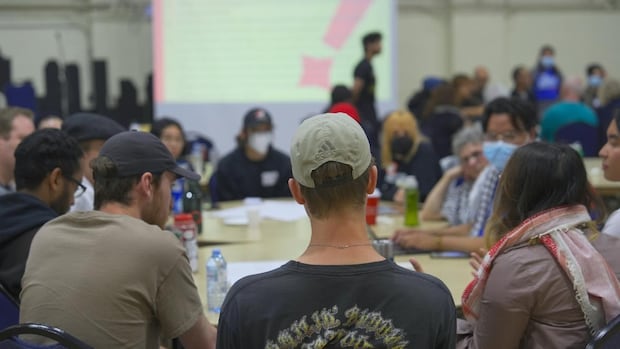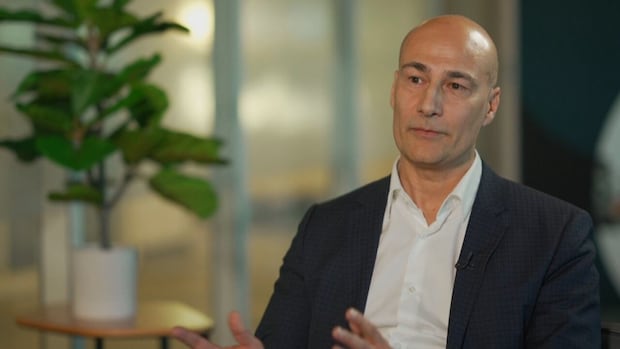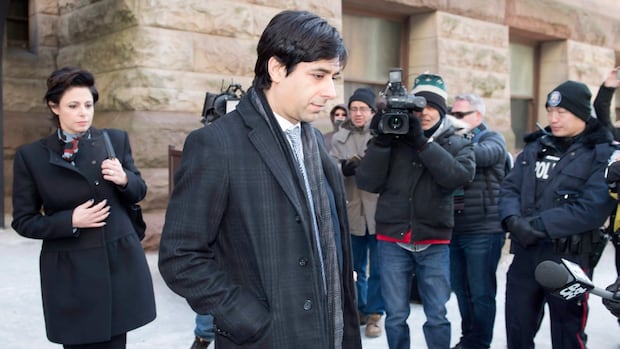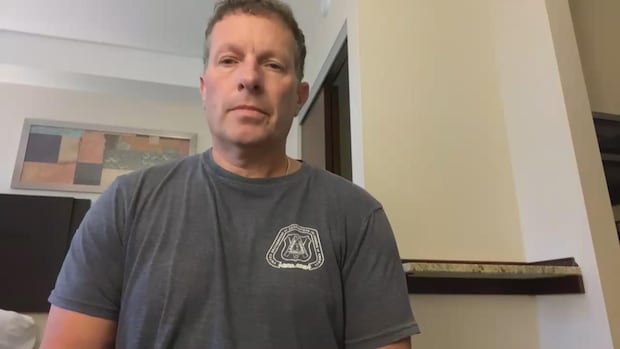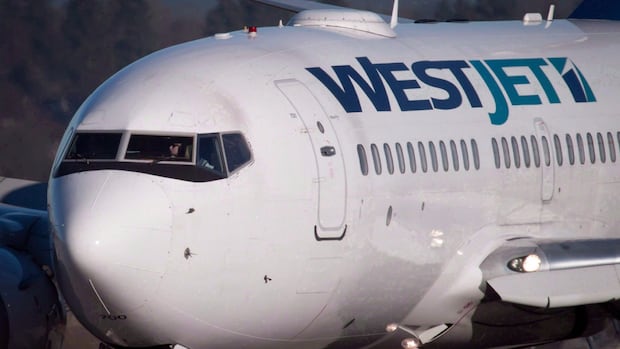A Stellarton, N.S., man says he was baffled when he discovered his $2,000 non-refundable airline ticket to Texas was cancelled.
He was even more baffled when he reached out to Air Canada, only to be told the airline's records showed that the cancellation had been made online and that they were unable to give him a refund, as per the fare rules of his ticket.
"Every dollar counts," said Jeff Richardson. "We're living paycheque to paycheque, and $2,000 is a lot of money."
After seven months of back and forth, Air Canada said this week they will refund Richardson's ticket. Richardson says he welcomes the refund, but remains frustrated with the long wait for a resolution.
What happened?Richardson booked his flight on Oct. 22 directly through the Air Canada website. He says he was having trouble selecting his seat online, so he called the airline for assistance.
He says he found a number online for Air Canada starting with 1-833, and spoke to a representative who said they worked for Air Canada.
Richardson believed he was talking to the airline when he shared details about his booking and credit card information to reserve seats.
However, in a statement to CBC News, Air Canada says the number is not theirs.
That same day, he received a charge on his credit card of more than $200 from something called "AirReservation," which is not affiliated with Air Canada.
Shortly after, he was alerted that his ticket had been cancelled. When he called the number back to complain, he says the line seemed to be busy.
During a busy season of online shopping, cyber criminals may be looking to get your information. The CBC's Angela MacIvor spoke to experts about how to keep yourself, your information and your money safe this holiday season.Air Canada says it's possible that whoever was posing as the airline could have obtained enough personal information from the customer to cancel the flight.
"Based on these findings, we will reimburse this customer and ensure he pays the original price quoted for a replacement ticket," said the airline.
"This could serve as a cautionary tale that people should be careful to make sure they know who they are dealing with in online or telephone transactions and only use certified and official sources of information."
CBC News called the number in question on June 10, and the person who answered identified herself as a representative of Air Canada. The person said they could cancel tickets for a fee and assist with arranging seating.
Richardson says he remembers taking the number from the Air Canada website. It's not clear what happened, but he may have fallen victim to a spoofing attack, when a fraudster creates a copy of a website to make it appear authentic while adding false information to mislead or scam customers.
The fake website could turn up in search engine results or have a URL that is similar to the real website.
IP address in IndiaRichardson says that he asked Air Canada to provide the IP address of the device used to cancel the booking through a request under the Personal Information Protection and Electronic Documents Act (PIPEDA).
The record showed that the device that cancelled the ticket online was tied to an IP address in India.
Nur Zincir-Heywood, a Halifax-based cybersecurity expert, said the IP address can also be spoofed, meaning it can be modified to appear from a different location. So it does not necessarily mean that whoever cancelled the ticket is really in India.
This makes it harder to pinpoint where the scammers are and hold them to account.
"I can understand and really have empathy for the customer here because we could be in the same shoes," she said.
In the end, Richardson ended up booking another flight and went to Texas in November for a work conference. He says he will be extra careful from now on to ensure he is using the legitimate website and contact information for a company.
Gábor Lukács, founder of advocacy group Air Passenger Rights, says it should still not be all up to the client to protect themselves. He said Air Canada should take an active role in fighting these kinds of fraud.
"Air Canada is a large corporation. It is expected to operate a system that does not lend itself to fraud," he said, noting that adding a two-factor verification system to ticket modifications may help passengers remain protected.


